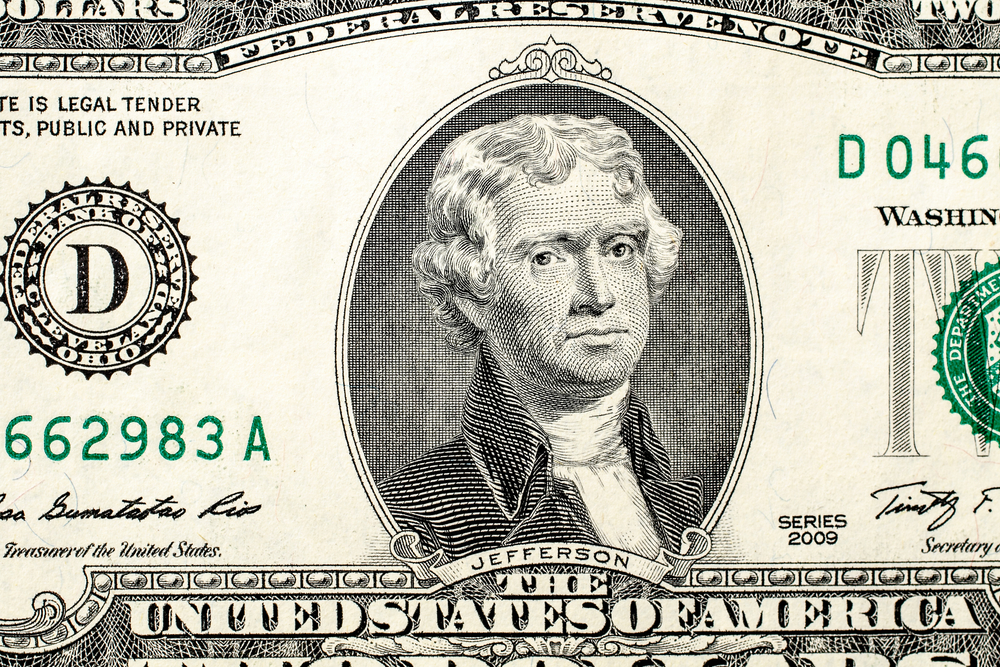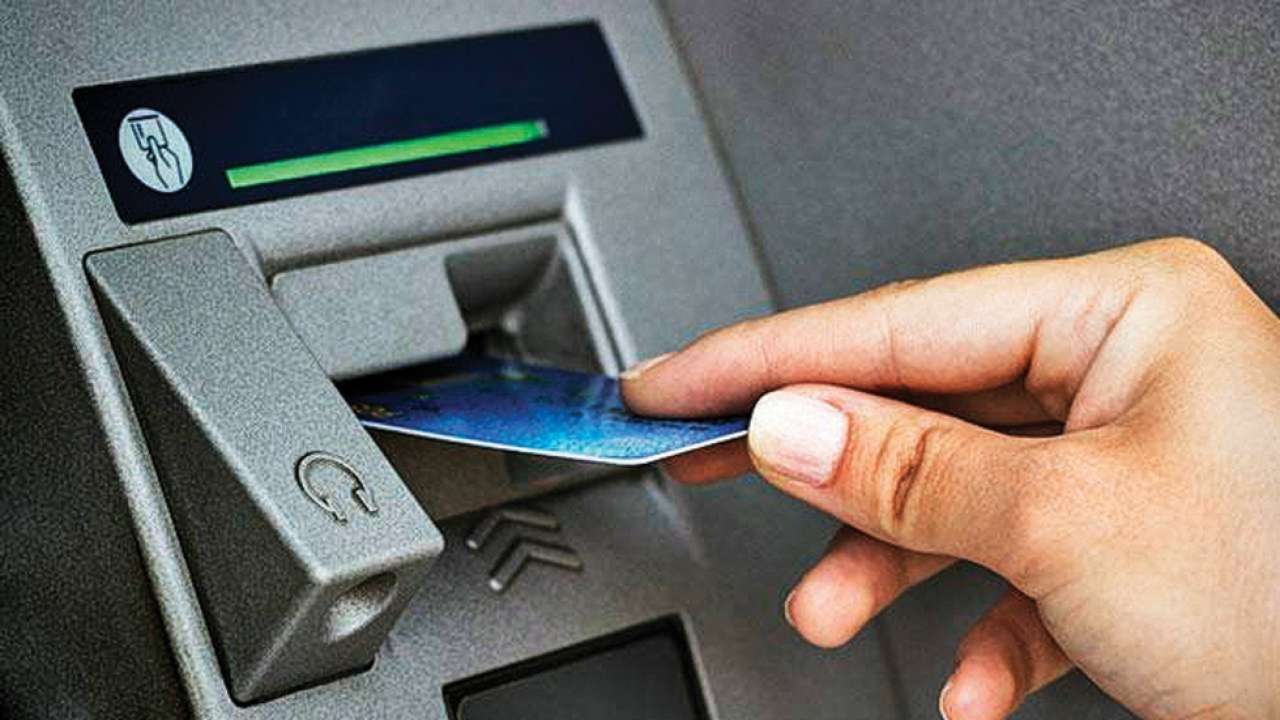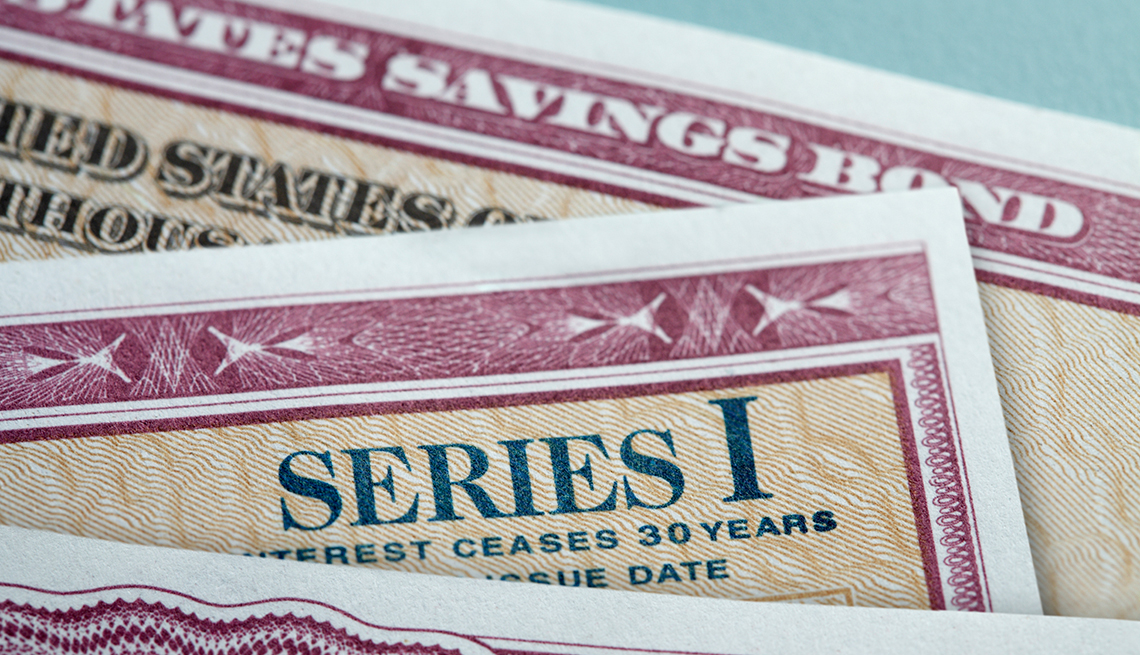
- Select a language for the TTS:
- UK English Female
- UK English Male
- US English Female
- US English Male
- Australian Female
- Australian Male
- Language selected: (auto detect) - EN
Play all audios:
As of this weekend Brexit has its first Founding Father. On Sunday, Sajid Javid unveiled the introduction of a new 50p coin to commemorate the UK’s departure from the European Union.
Featuring the inscription “peace, prosperity and friendship with all nations”, the coin has already attracted much criticism from Remainers for its existence (and its grammar). Twitter
erupted, with many public figures claiming that they will not recognise the coin as legal tender. If that’s not enough, the eagle-eyed were quick to highlight that the inscription on the
coin is remarkably similar to wording used by the US President Thomas Jefferson. In his First Inaugural Address, President Jefferson called for “peace, commerce, and honest friendship with
all nations”. A slave-owning aristocrat who fathered children by one of his own slaves, Jefferson is probably not the company that a modern-day government wants to be keeping. And yet, aside
from the obvious similarity in the phraseology between the coin and Jefferson’s address, there is a fruitful comparison to be made between Brexit and American Independence. Brexiteers are
fully aware of this. As I have pointed out elsewhere, many of them have studied or have an expressed interest in history. Daniel Hannan even refers to himself as a Whig (the Whigs were
Britain’s progressive party in the eighteenth century and the inspiration for American rebels like Jefferson). But what would the man who helped free the American colonies from British rule
and create the US dollar think about appearing on a British coin? As it’s commemorating Britain’s exit from a political union and its new life as an independent nation, Jefferson would
certainly be open to the idea. “Dependence,” wrote Jefferson, “begets subservience and venality, suffocates the germ of virtue, and prepares fit tools for the designs of ambition.” The
Declaration of Independence, which he primarily authored, has become a blueprint for independence movements around the world. Of course, when Jefferson called for “peace, commerce, and
honest friendship with all nations,” the US government was only a few years old and, as a result, desperate to remain neutral during the Napoleonic Wars. Freed from what they saw as the
“yoke” of British rule, the US, much like Britain now, sought to trade with the world on its own terms. Our new 50p, with Jefferson’s words on it, comes in the same week that Britain escapes
what Jacob Rees-Mogg once referred to as the “imperial yoke of Brussels”. But it’s not just the politics and the words that are similar — the people are too. Leading Brexiteers, much like
the American Founding Fathers, are learned men with deep pockets and a deeper dislike of being told what to do. Jefferson himself was a wealthy plantation owner who spent most of his time
reading (his library is estimated to include 6,487 volumes) and discussing philosophy. And just as wealthy Brexiteers like Rees-Mogg formed an allegiance with “ordinary people” against the
EU, American rebels like Jefferson sided with citizen soldiers and yeoman farmers against their British rulers. Of course, neither Brexit nor American Independence were unanimously
supported. Historians estimate that around one fifth of the American population sided with Britain during the War of Independence (so-called “Loyalists”). Many of the Founding Fathers
themselves — figures like Alexander Hamilton — sought to model the new American government on Britain’s system. The calls for softer forms of Brexit like the “Norway mode”’ and legal and
regulatory alignment are not so different. And if Jefferson is an idol of sorts for Brexiteers, they should not forget that his cause was independence from Britain. Whereas he abhorred the
excesses of monarchy and corruption and industrialisation in Britain, he loved traversing the cities and fields of continental Europe and spoke French, Latin and Italian (and dabbled in
Spanish, Greek and Gaelic). It was no coincidence that he did a deal with Napoleon (the Louisiana Purchase) and, as President, started a trade war with Britain. Of course, Brexiteers
maintain that they are pro-Europe, not pro-EU. If he were alive today, Jefferson would probably agree. But just as there are two sides to the Jefferson coin, there are two sides of Jefferson
himself. As Boris and Trump come to blows over the future direction of Brexit Britain, we shouldn’t forget that Jefferson is America’s Founding Father, Europe’s admirer and Britain’s
renegade son.
![[withdrawn] client money and accounts for immigration advisers](https://www.gov.uk/assets/static/govuk-opengraph-image-03837e1cec82f217cf32514635a13c879b8c400ae3b1c207c5744411658c7635.png)



